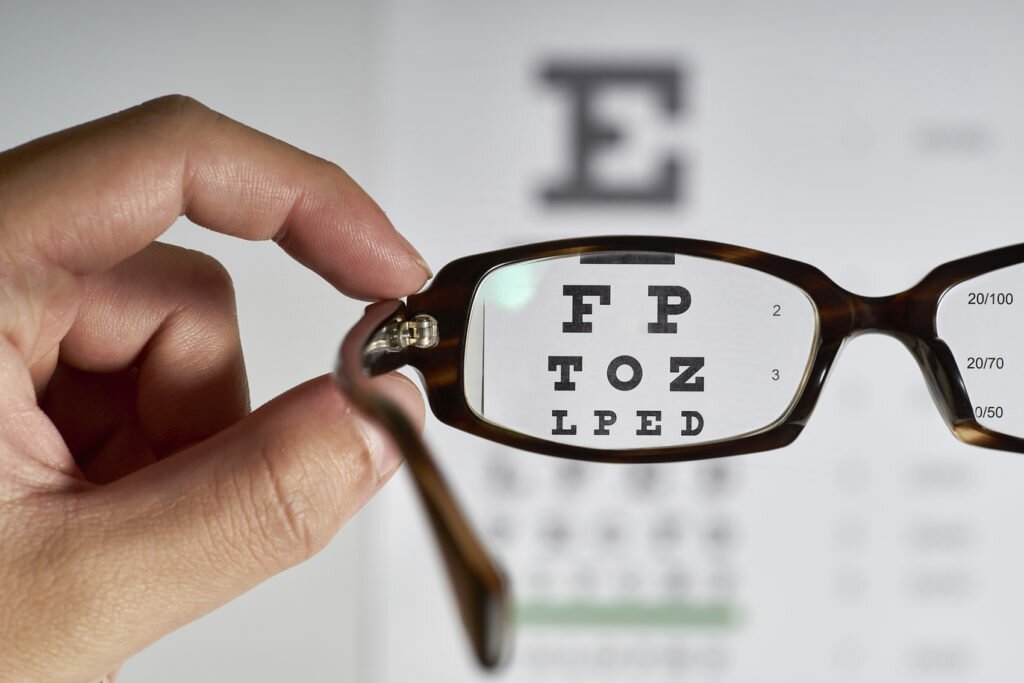Some general health benefits of taking Magnesium include lower blood pressure. This is due to the fact that magnesium plays a role in regulating normal heart function. From this point of view it assists the heart as a natural remedy for heart palpitations due to the fact that it maintains a normal heart rhythm. It also helps you to maintain normal blood pressure. Concentrations of magnesium are also found in the bones and skeletal muscle. Therefore, this mineral supports bone health. Magnesium is also useful in the sense that due to the fact that it is considered a muscle relaxant it is used by athletes to alleviate sore muscles. There is also an application that applies to relieving anxiety and depression. For instance, a deficiency in this mineral causes these symptoms as this mineral also regulates the healthy function of the nervous system. It is also important in regulating energy levels and improving the health of the immune system. But did you know that Magnesium also supports eye health? Here are some eye health benefits of magnesium for better vision:
Helps in Absorption of various vitamins: magnesium is involved in absorbing Vitamins A, C and B and these vitamins play a role in maintaining the healthy function of ocular tissue in the eyes. This mineral works in conjunction with these vitamins to prevent oxidative stress in the eyes factors responsible for the development of cataracts.
Reduces Risks For Age Related Vision Disorders: Research suggests that magnesium reduces the risks for the age related vision disorders macular degeneration, cataracts and also diabetic retinopathy. A research study in the British Journal of medicine reveals that eating an extra portion and a half of green vegetables, which is a good nutritional source of this mineral, actually provides the body with 14% of your daily recommended allowance for this nutrient. Therefore, this is adequate enough to lower blood glucose levels in the body to normal levels. This is a factor that also leads to a reduction in the risks for diabetic retinopathy.
Magnesium is an essential nutrient that controls a variety of important functions in the body that are associated with the regulation of normal heart rhythm, blood pressure as well as the regulation of a properly working digestive system and immune system. This mineral also helps the eyes as well in terms of reducing the risks for various eye diseases and eye disorders such as diabetic retinopathy, macular degeneration and cataracts. This mineral should be taken in conjunction with calcium for best results.
